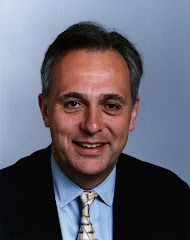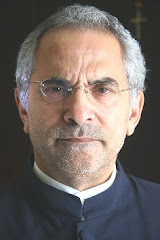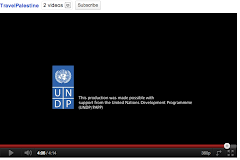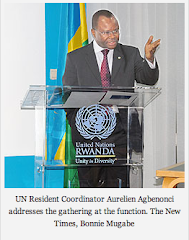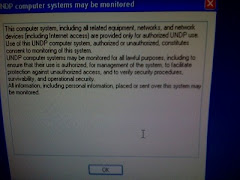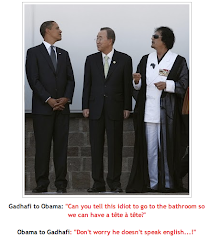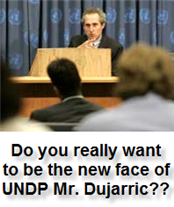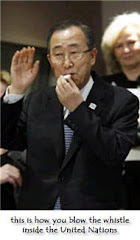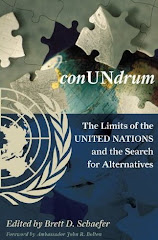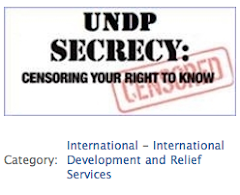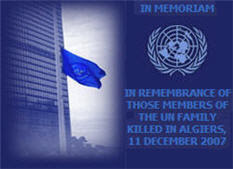

Inter-American Development Bank
Anonymous whistleblowers report that the management of theFramework General Fund for Spanish Cooperation (FGE) at the Inter-American Development Bank (IDB) is weakened by a conflict of interest. The whistleblowers produced evidence, some of which was published in the Spanish press four months ago, that Carmen Albertos, the IDB staff member who administers the fund, also serves on the Executive Committee of the Socialist Party of Spain (PSOE) in Washington.
The IDB Code of Ethics is clear on this point:
[T]o preserve the independence and impartiality of their status as international civil servants and to avoid interference and conflict with their duties, they {IDB staff members] may not participate in partisan political activities that imply candidacy, acceptance of or appointment to public office or to a political party position. Accordingly, they must resign their position in the Bank prior to participating in such activities or accepting such offices, or becoming candidates for such positions (III.B.2).
Despite the fact that the details of the conflict of interest appeared in the newspaper ABC on October 2, 2011, IDB management has not addressed the issue. Moreover, the sweeping authority granted to Ms. Albertos, as trust fund manager, aggravates the problem: she alone can approve technical cooperation projects valued at up to €100,000.
Oversight of the fund is also compromised by the fact that the Spanish Ministry official responsible for supervising the Trust Fund lacks independence: she reports to the manager of the trust fund herself. Internal controls, therefore, are very weak. Finally, the whistleblowers show that the annual reports for2008 and 2009 for the FGE lack any assessment of the effectiveness and impact of the projects financed. After 2009, FGE stopped releasing the reports, even internally at the IDB, and this lapse raises additional questions.
In separate letters to IDB President Luís Moreno and Executive Board member for Spain María Pérez-Ribes, GAP requested the release of the 2010 Annual Report for the Fund, but the request has not been acknowledged.
Over the course of the four months since ABC first reported the ethics problems associated with FGE, documents have surfaced showing that the Fund Manager has in fact approved two technical cooperation projects (RG T1712; ATN/FG 11046-CH) managed by another IDB staff member who serves with her on the Executive Committee of the PSOE: Juan José Llisterri. So the conflict of interest is not only apparent; it is real.
The conflict of interest is a matter that IDB management and the Government of Spain ought to take more seriously than they have done thus far. Non-reimbursable technical assistance funds of this kind are scarce, and must be monitored with strict controls. The Government of Spain has become, in fact, a veryimportant donor of these funds, contributing more than twice as much than any other single IDB donor.
Apparently, the Spanish Government is somewhat careless when it comes to the management of the funds it establishes with inter-governmental organizations. The Spanish Trust Fund at the United Nations Development Program (UNDP) is now managed by Bernardo Kliksberg, who grossly mismanagedthe IDB’s Inter-American Initiative of Ethics and Social Capital funded by the Government of Norway. Kliksberg’s business conduct was improper and irregular to such a degree that the IDB repaid the Norwegian Trust Fund for the amount he misdirected.
If trust funds at inter-governmental organizations funded by governments for earmarked initiatives are to be effective conduits of development financing, the management of them should be de-politicized and subjected to rigorous ethical standards. Otherwise these funds can easily be converted to slush funds, used by unscrupulous actors with privileged access to public money.
Bea Edwards is Executive Director and International Director for the Government Accountability Project, the nation's leading whistleblower protection and advocacy organization.





